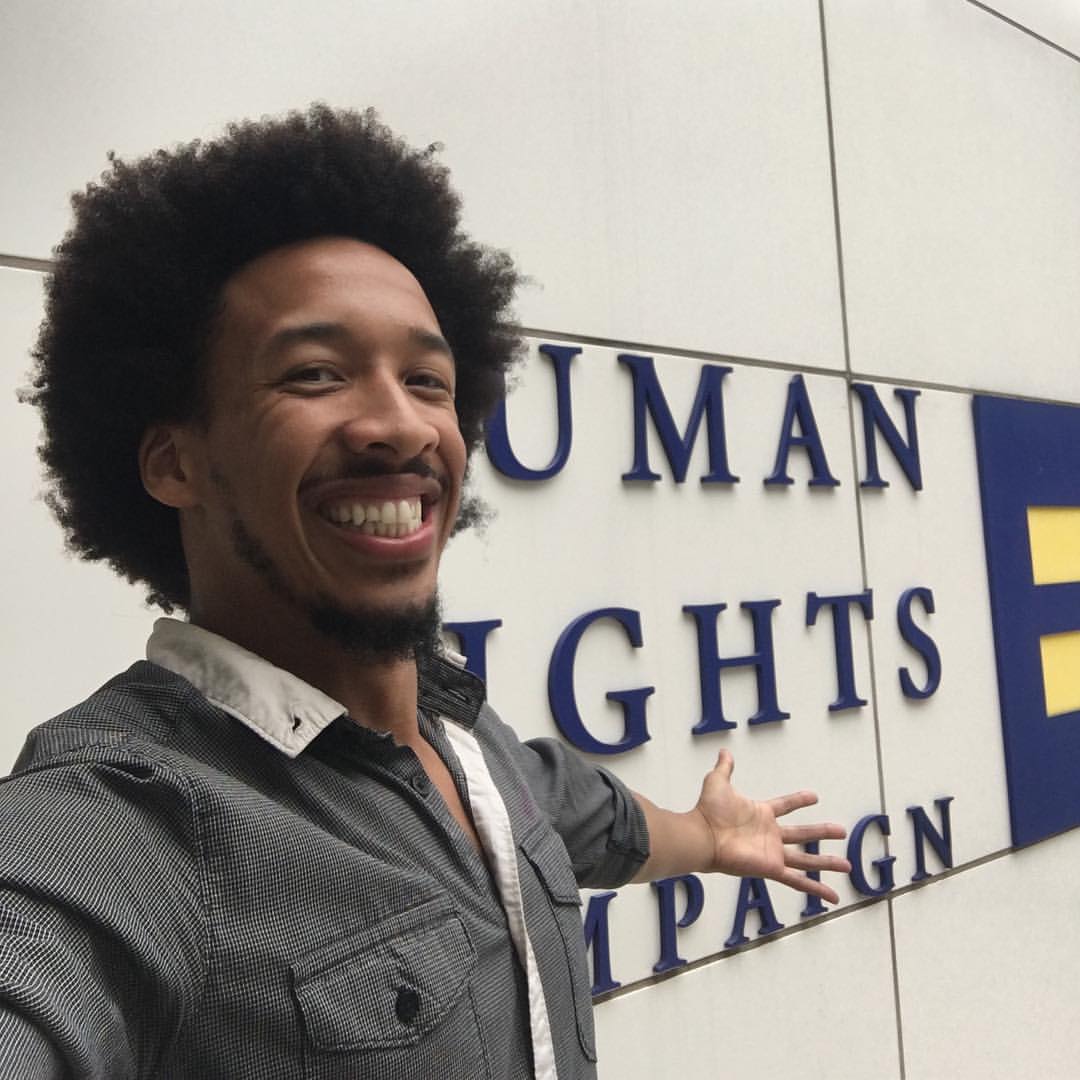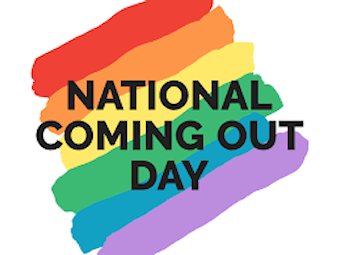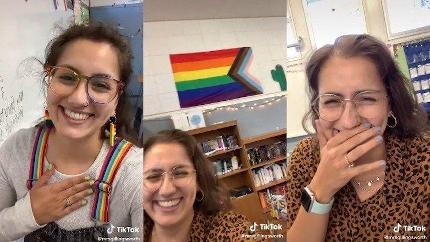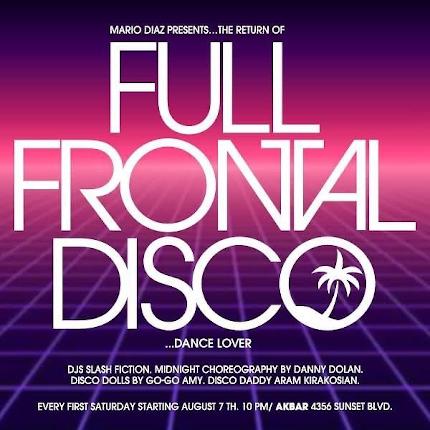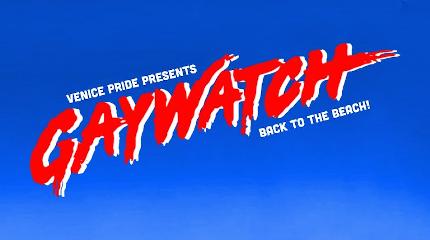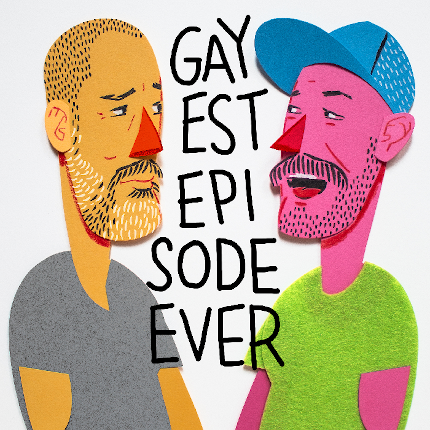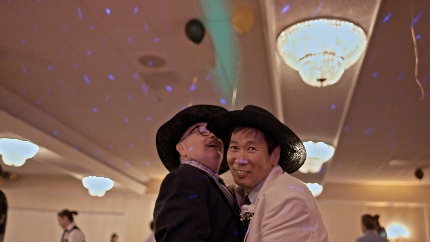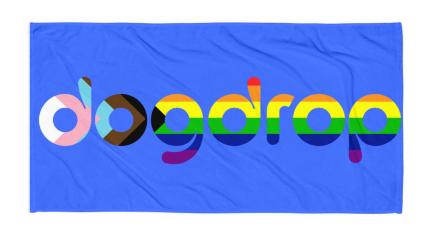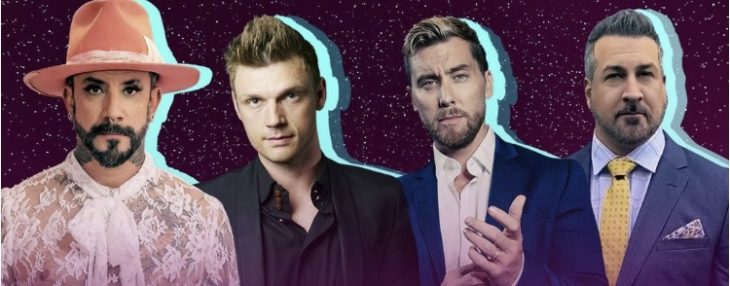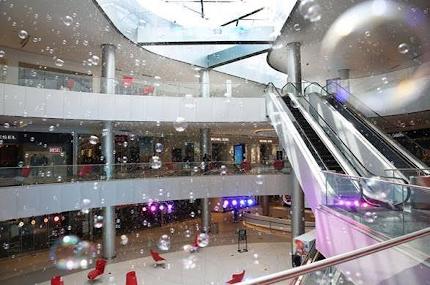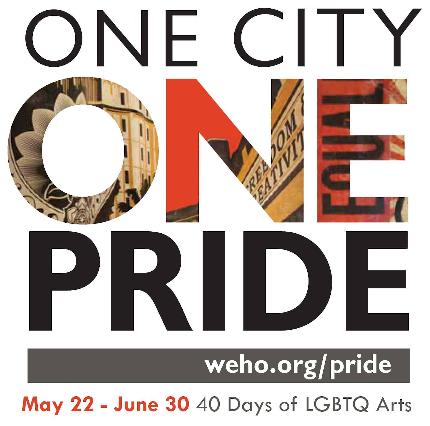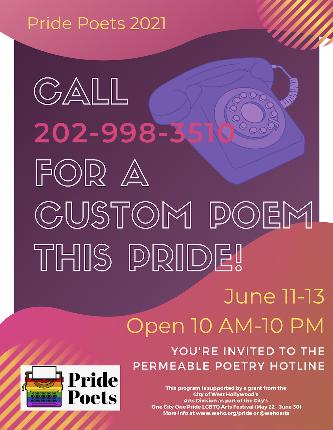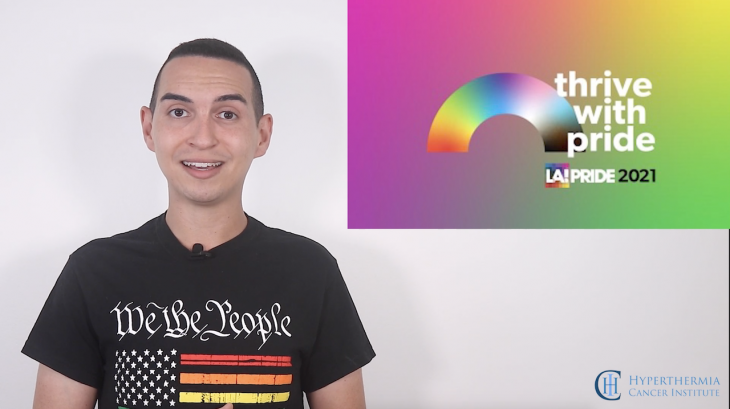
 BY STEVE WEINSTEIN | If Thomas Davis seems like a man on a mission, it’s because he is. Ever since the 24 year old discovered he was HIV-positive three years ago, his life has been transformed into an increasingly prominent spokesperson and health advocate for young men of color who have sex with men.
BY STEVE WEINSTEIN | If Thomas Davis seems like a man on a mission, it’s because he is. Ever since the 24 year old discovered he was HIV-positive three years ago, his life has been transformed into an increasingly prominent spokesperson and health advocate for young men of color who have sex with men.
At the L.A. LGBT Center, Davis involves himself with a wide range of projects, from speaking at local public schools to coordinating programs. His work caught the attention of the Human Rights Commission, which has named him to a 2016 “HIV 360° Fellow.” The fellowship includes a rigorous program of online instruction learning the ins and outs of the non-profit world, he explains. “We learn how to write grants, budgeting, leadership, organization. Over the course of nine months, we actually write grants in line with organization.” He’ll also travel to Washington, D.C., over the course of the year.
Davis has traveled a long road, with its own twists and turns, from a Colorado community where “I grew up in a very abstinent environment. HIV was around but not talked about. ‘Queer As Folk’ was not mainstream TV in our house. So it was hard to be out and open.”
In 2010, he moved to Los Angeles to study performing arts. “I thought I was the type of person who wouldn’t be exposed HIV,” he recalls. It’s a situation he recognized was all-too prevalent in his community. Out of that frustration was born his online video projects where he would turn on the recorder and just … talk. Davis proved to a be natural in front of the camera, as his growing and appreciative audience proved.

It was a short step from there to becoming the Center’s health and education specialist. His work regularly brings him to L.A. schools where, he says, “Many don’t understand how HIV may be in their lives. For a lot of them, I’m the first HIV-positive person that they’ve met. It leaves a positive image so they bring that when they confront HIV in their friend or co-worker because they’ve had this conversation. I tell them to ask any question. Kids are very blunt with their questions! I try to stress that it’s not exclusively a ‘gay thing.’ It affects everybody. It’s human.”
At the Center, he works on a wide range of projects, from formulating a comprehensive HIV outreach plan to young people of color that was effected earlier this year to a just-released informational campaign about PReP, in English and Spanish.
Always, however, there’s one eye on trying to reach those who the hardest to reach. Not surprisingly, even in these times, sometimes when he speaks at schools, he’s approached quietly by a student not yet out for whom he’s the first link to an LGBT wider community. For all these kids know about it, the Center could be in another state; West Hollywood, an another planet altogether.
Openness defines Davis’ mission. “We have the tools” to fight HIV, he sighs. “That’s what’s most frustrating. Talk openly about your status. That’s something everybody can do. Face the realities rather than being spooked by them. When you find yourself in a situation, if nobody is talking about it, you’re all alone.”

